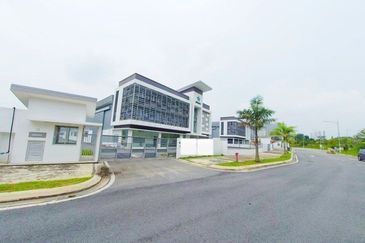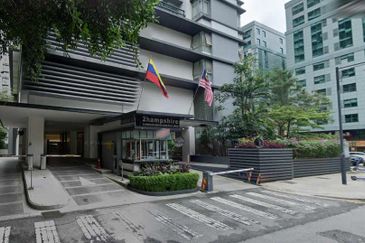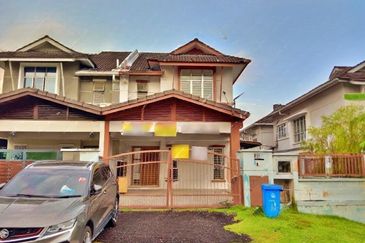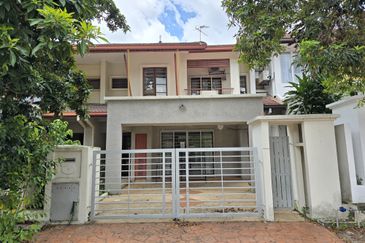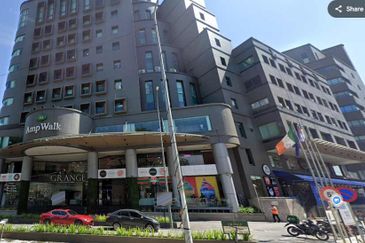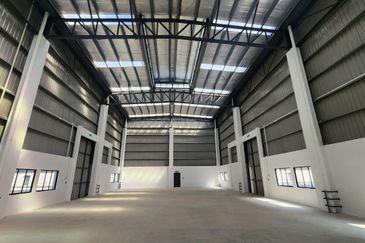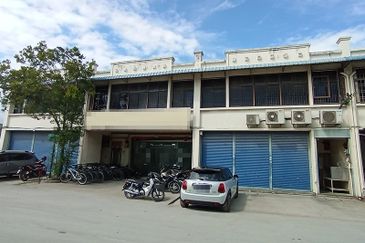
KUALA LUMPUR (Jan 13): While the second movement control order (MCO 2.0) that started today is expected to pose economic challenges to Malaysia, particularly in the beginning of the year, HSBC is “quite confident” that economic effects will dissipate quite quickly over the course of this year.
Against this backdrop, HSBC’s co-head of Asian economics research Frederic Neumann said the bank still has a gross domestic product (GDP) growth estimate of 6.7% this year for Malaysia, versus the estimated 5.4% contraction in 2020.
“We are also forecasting one rate cut from the Malaysian central bank because of the lockdown orders now and the economic impact at the beginning of the year,” he added, at HSBC's Asian Outlook 2021 press briefing today.
Bank Negara Malaysia (BNM) had projected the country’s GDP to recover in 2021 between 6.5%-7.5% growth. The projection is similar to the Ministry of Finance’s forecast, and it is also in line with multilateral institutions such as the International Monetary Fund (7%) and the World Bank (6.7%).
Last year, BNM made four overnight policy rate cuts and had slashed a total of 125 basis points to the lowest-ever level of 1.75%.
On the equity market, Herald van der Linde, the head of equity strategy, Asia Pacific at HSBC, is targeting the FBM KLCI to end this year at 1,780 points, which represents an 8% upside.
This compares with the average upside of 8% to 9% to be seen across Asia, where most of the upside will be in Asean.
“[However], we are neutral [on the KLCI], simply because we have exposure to other markets where we see a little bit more further upside,” he added.
In terms of valuations, van der Linde said there is not much volatility and it is closely aligned with the FBM KLCI’s five-year average at 16.4 times P/E.
The Malaysian market was typically considered as “quite a defensive market” due to the good domestic demand and the little volatility in valuations, said van der Linde.
But, that has changed to a certain extent due to the glove makers that have performed phenomenally well, he noted.
“It has become some sort of cyclical kind of a play on the recovery and Covid-19 rollout,” he added.
Thus, it was not surprising that the Malaysian market, which was up 3.6% last year, was the best performing Asean market compared with the others, which were down 20% to 30%.
Get the latest news @ www.EdgeProp.my
Subscribe to our Telegram channel for the latest stories and updates


